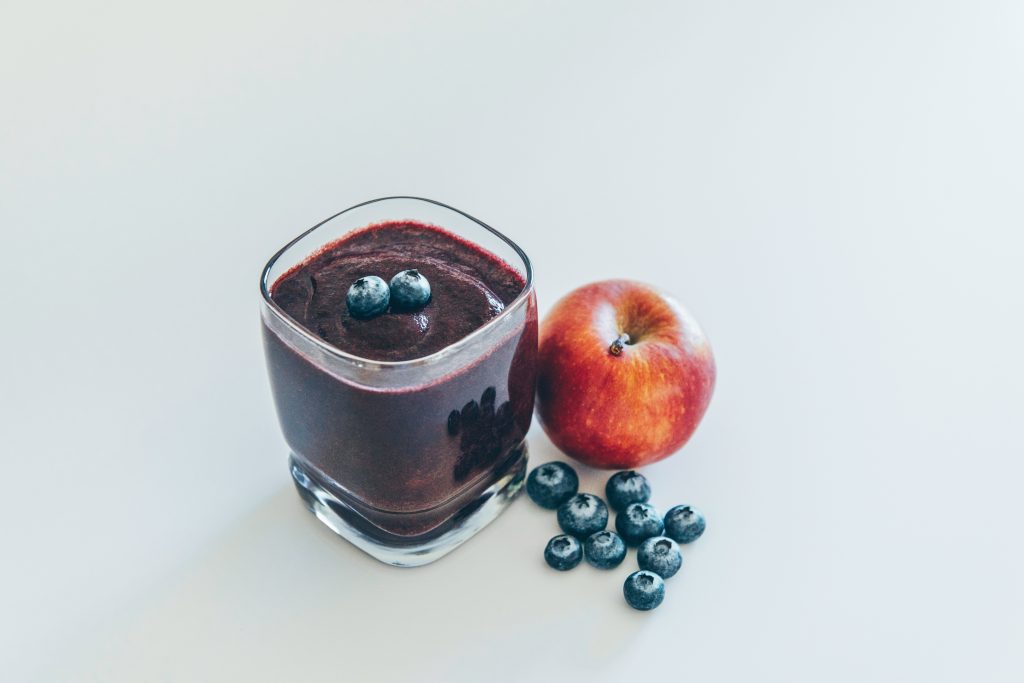What if the secret to a longer, healthier life lies in what you eat? Around the world, certain populations—often referred to as Blue Zones—are known for their remarkable longevity and low rates of chronic diseases. These long-living communities follow specific dietary habits that contribute to their extended lifespans. In this article, we’ll explore what the world’s longest-living people eat and how you can incorporate these habits into your own life.
1. The Power of a Plant-Based Diet
Why It Matters:
Most Blue Zone diets are primarily plant-based, with vegetables, legumes, whole grains, and fruits making up the bulk of daily meals. These foods are rich in fiber, antioxidants, and essential nutrients that promote overall health.
How to Apply It:
- Fill half your plate with vegetables at every meal.
- Incorporate more beans and lentils into your diet as protein sources.
- Reduce red meat consumption and opt for plant-based proteins instead.
2. Healthy Fats for a Healthy Life
Why It Matters:
Monounsaturated and polyunsaturated fats, found in nuts, seeds, and olive oil, are staples in longevity-promoting diets. These fats support heart health, brain function, and reduce inflammation.
How to Apply It:
- Use olive oil instead of butter or processed vegetable oils.
- Snack on nuts like almonds, walnuts, and pistachios.
- Incorporate fatty fish like salmon or sardines a couple of times a week.
3. Eating in Moderation
Why It Matters:
Overeating can contribute to metabolic disorders and shorten lifespan. Many long-living populations follow the “Hara Hachi Bu” principle, which means eating until 80% full to avoid overconsumption.
How to Apply It:
- Eat slowly and mindfully to recognize fullness cues.
- Serve smaller portions and avoid eating straight from large packages.
- Stop eating before you feel completely full.
4. Fermented Foods and Gut Health
Why It Matters:
A healthy gut microbiome is linked to improved immunity, digestion, and even mental well-being. Many longevity-focused diets include fermented foods that promote gut health.
How to Apply It:
- Add fermented foods like yogurt, kimchi, sauerkraut, or miso to your diet.
- Limit highly processed foods that can harm gut bacteria.
- Drink probiotic-rich beverages like kefir or kombucha.
5. Hydration and Herbal Teas
Why It Matters:
Drinking enough water and herbal teas can support digestion, reduce inflammation, and improve longevity.
How to Apply It:
- Start your day with a glass of water before consuming any other beverage.
- Replace sugary sodas with herbal teas or water infused with lemon and herbs.
- Avoid excessive caffeine and alcohol consumption.
6. A Strong Social Connection to Food
Why It Matters:
Eating isn’t just about nutrition—it’s also about social connection. Many long-living populations prioritize communal meals, which help reduce stress and promote emotional well-being.
How to Apply It:
- Eat meals with family or friends instead of alone.
- Cook from scratch whenever possible and share meals with loved ones.
- Take time to enjoy your food instead of rushing through meals.
Conclusion
Longevity isn’t just about genetics—it’s about making conscious choices every day. By incorporating more plant-based foods, healthy fats, fermented foods, and mindful eating habits, you can adopt the dietary principles of the world’s longest-living people. Small changes in your daily diet can lead to long-term benefits, helping you not just live longer but live better.

